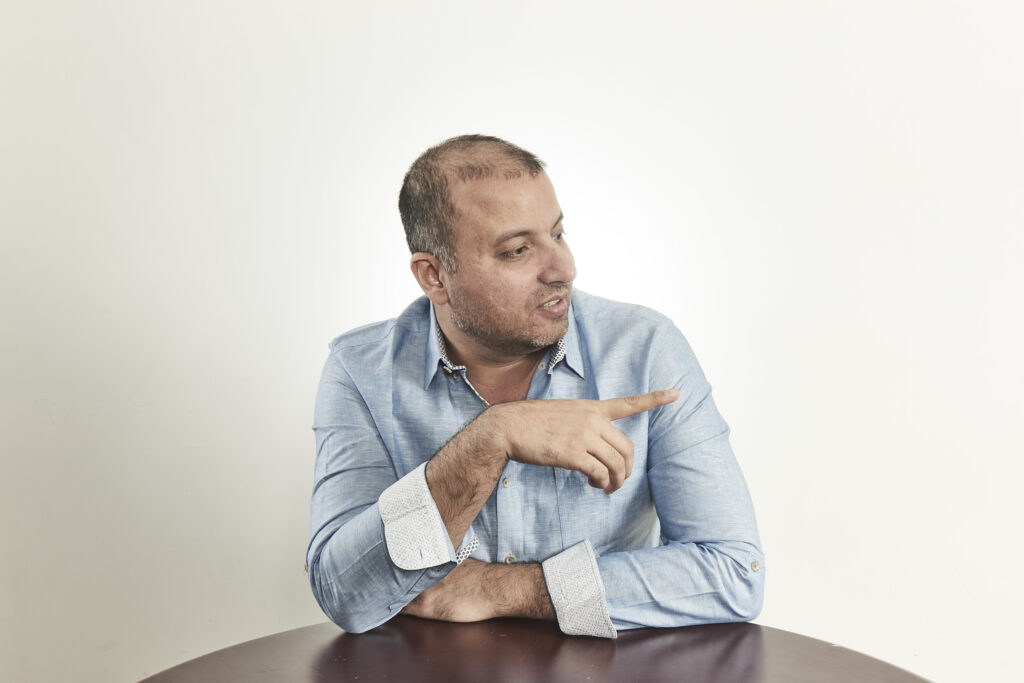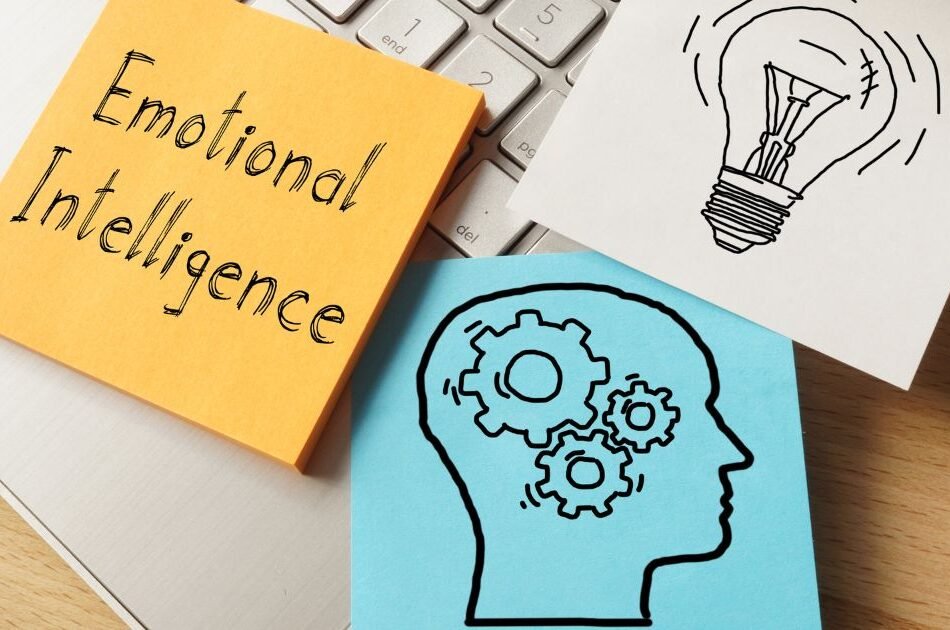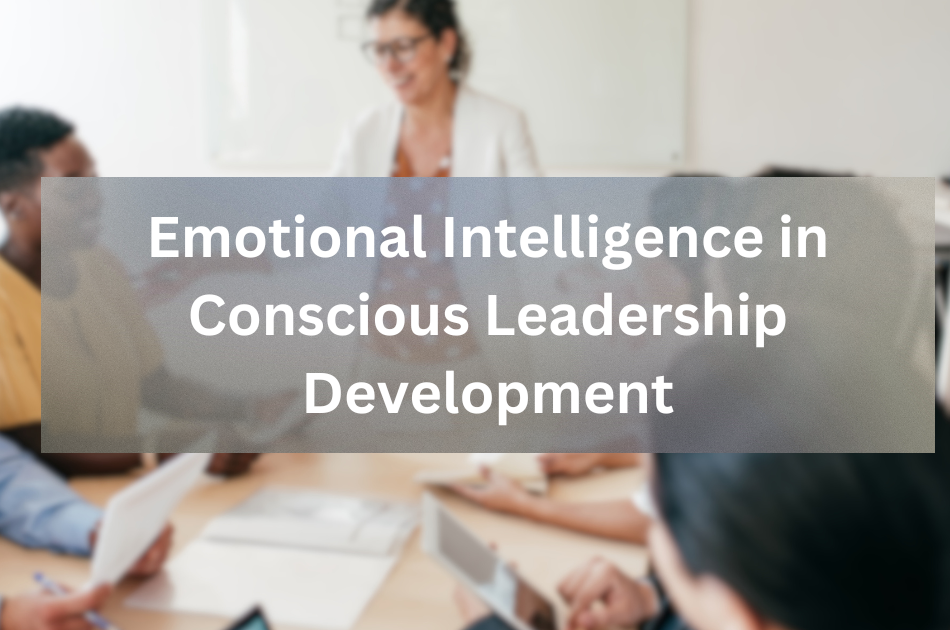Highly recommend Kapil. He is an absolute soul whisperer and genius rolled into one
Emotional Intelligence & Executive Coaching
Initial 20 mins Complimentary Consultation
Our Testimonial
Simone Vincenzi
If you are looking for a speaker and trainer that can create a long-lasting transformation in your organisation, Kapil is your man. His presence and authenticity from the front of the room and his depth of knowledge of the field of human potential and wellbeing is second to none. Make sure you book Kapil for your next event or training day.
Sandipan
Kapil has absolutely changed my way of looking at life and relationships. When I started working with Kapil I was in a bad shape and just after working for few weeks, I could start finding balance. I cannot thank Kapil enough for his support and guidance. I admire the way Kapil works and would recommend him strongly if you are looking for help.
Christopher Thomas
I’ve had the honour of working with Kapil for the last few months and each and every session has always left me with an “aha” moment. His insightfulness, guidance and compassion has truly been a blessing. I never thought that I would need a “coach” when Kapil was recommended to me yet now I have a better understanding of my fears, more clarity around my desires, and certainty about the life that I want to live. For that, I’m truly grateful. I would highly recommend Kapil
JB
Kapil is a great speaker. Highly engaging, witty and eloquent. Most importantly Kapil really knows his stuff: he has a deep understanding of human beings and the challenges they face in modern life. I really gained more insight into my relationships with women. I would highly recommend Kapil as a coach
James Kay
Kapil always meets me where I’m at; no matter how worried I am that I won’t effectively communicate what I’m going through, he is able to feel where I’m at and what I need to move myself forward. At the same time I never feel judged, and often the parts I judge myself for are met with loving, encouraging approval. There’s always a sense of genuine curiosity in his coaching and constant invitations to go deeper into me and get to the heart of whatever is not serving me. When he does suggest something such as, for example, a crossed wire between love and value, he’s right on point. I feel seen and accepted by Kapil.
Over our coaching, I’ve gained so much clarity and insight into myself, untangled my unhelpful thought patterns and have become so much more of who I really am in a way that has brought more joy and excitement into my life.
YOU MAY NEED EMOTIONAL INTELLIGENCE (EI) & EXECUTIVE COACHING IF YOU ARE IN ANY WAY RELATED TO THE CORPORATE WORLD.
You may have heard about EI, however, you may not be aware that unlike a lot of other business skills EI is not something that you can just understand intellectually.
To be competent at EI, you have to develop a strong relationship with your body, feelings and emotions!
EI is not something you can develop by reading books or attending workshops and seminars – even though they might help in some minor understanding.
We would even go as far as that an intellectual understanding of EI without the experiential and embodied knowledge is more dangerous because you might think you have become emotionally intelligent and start quoting things from books or explaining things to people without actually having a visceral experience of it.
Competency research in over 200 companies and organisations worldwide suggests that In top leadership positions, over four-fifths of the difference between the top & bottom performer is due to emotional competence (Goleman, 1998).
Why Do You Need Emotional Intelligence & Executive Coaching?
Self-awareness (Knowing one’s emotions)
Skills to develop : Connecting with your own body, mindfulness, self-inquiry
Self-Management (Managing emotions and Motivating oneself)
Skills to develop: Understanding your emotions, feelings and sensations; ability to self-regulate and motivate
Social Awareness (Recognising emotions in others)
Skills to develop: Empathy, Connection, Boundaries
Relationship Management (Handling relationships)
Skills to develop: Limbic Connection and regulation, thriving in conflict, asserting boundaries, communication (resonance, intensity and calibration)


Benefits of Getting Emotional Intelligence & Executive Coaching:
Less Stress
Avoiding Burnout
Ability to stay present and thrive in conflict
Better boundaries with yourself and others
Better relationships with everyone around you
A study of 130 executives found that how well people handled their own emotions determined how much people around them preferred to deal with them (Walter V. Clarke Associates, 1997).
Here are some things you develop as you cultivate Emotional Intelligence:
You will become more Responsive and Reflective rather than reactive in personal and social matters
You will be able to identify deeper feeling spaces and talk about them
You will become more Authentic & can be present in all aspects of self, without a hidden agenda
You will develop a strong sense of core ethics & can state and stick by them
You will develop a strong sense of personal values and acts on them
You will speak your truth even in difficult situations
Fairness and Justice: You will seek to explore all aspects of a situation before making decisions


You will learn to accept responsibility for his emotions, thoughts and actions
Empathy: You will be able to actively listen to others and try to understand where they are coming from
Wisdom: You will seek to use knowledge and experience in making decisions and judgements, including seeking help from others when you don’t know enough
You will better understand compassion and kindness and seek to use them where possible
You will learn how to forgive and apologise.
More Grounded: You will cultivate a sense of being emotionally, mentally and physically stable and connected, fully present and aware
For 515 senior executives analysed by the search firm Egon Zehnder International, those who were primarily strong in emotional intelligence were more likely to succeed than those who were strongest in either relevant previous experience or IQ. In other words, emotional intelligence was a better predictor of success than either relevant previous experience or high IQ. More specifically, the executive was high in emotional intelligence in 74 percent of the successes and only in 24 percent of the failures. The study included executives in Latin America, Germany, and Japan, and the results were almost identical in all three cultures.
Quote references – https://www.eiconsortium.org/reports/business_case_for_ei.html
Our Service
FAQ's
While traditional therapy may investigate deeper underlying psychological issues, stress management coaching primarily focuses on creating practical skills and methods to cope with stress in daily life.
You need stress management coaching if you experience physical symptoms like muscle tension, sleep troubles, or headaches, coupled with emotional signs like persistent anxiety, lack of focus, or behaviour changes like increased substance use or emotional outbursts.
If you have emotional indicators like chronic anxiety, difficulty focusing, headaches, or muscle tightness, along with physical symptoms like increased substance usage or emotional outbursts, you may benefit from stress management coaching.
Stress that is not well managed can have a detrimental effect on relationships, decision-making, personal development, and job advancement. In the end, it may result in depressing and life-unsatisfying emotions.

Book Your Free Call
Our Blog
Why Emotional Intelligence Coaching is Essential for Modern Leaders
Men’s Coaching: Redefining Masculinity for a Better Tomorrow
How Self-Discovery Coaching Transforms Your Life, Goals, and Mindset
Finding Fulfilment in Letting Go: Embracing the Moment
The Importance of Self-Care for Conscious Leadership Development Coaches
The Role of Emotional Intelligence in Conscious Leadership Development
Subscribe to receive News and Updates
Contact Details
- info@nibana.life
- +442071735775













